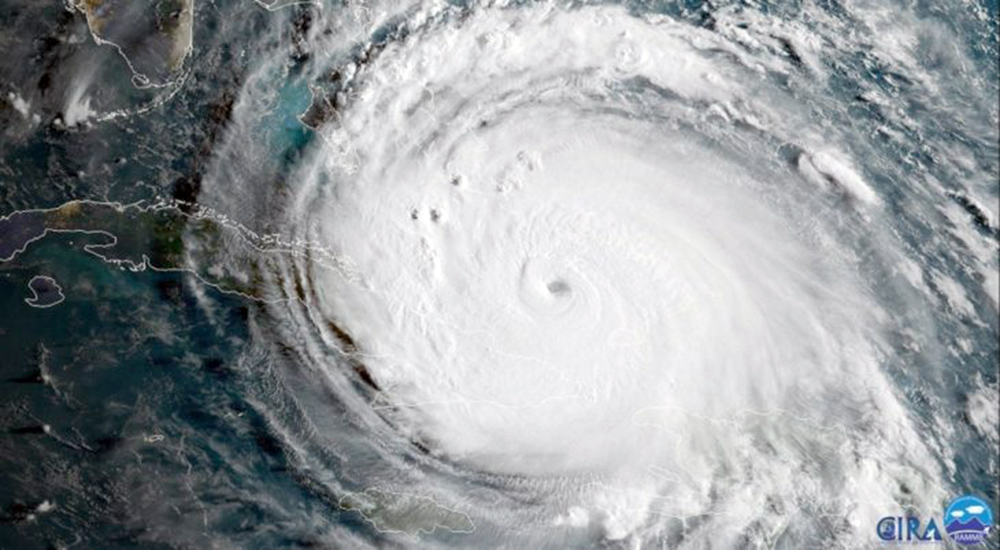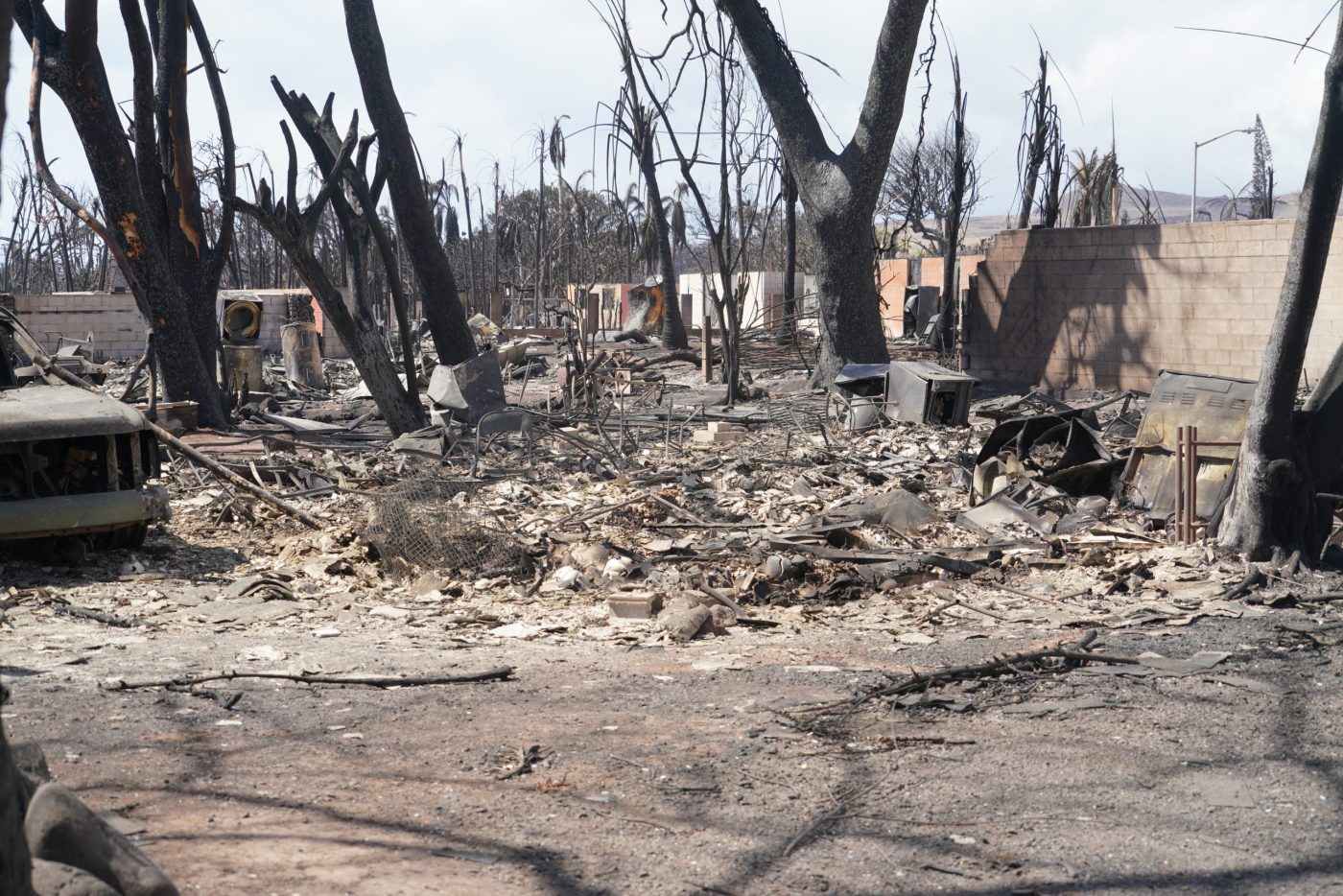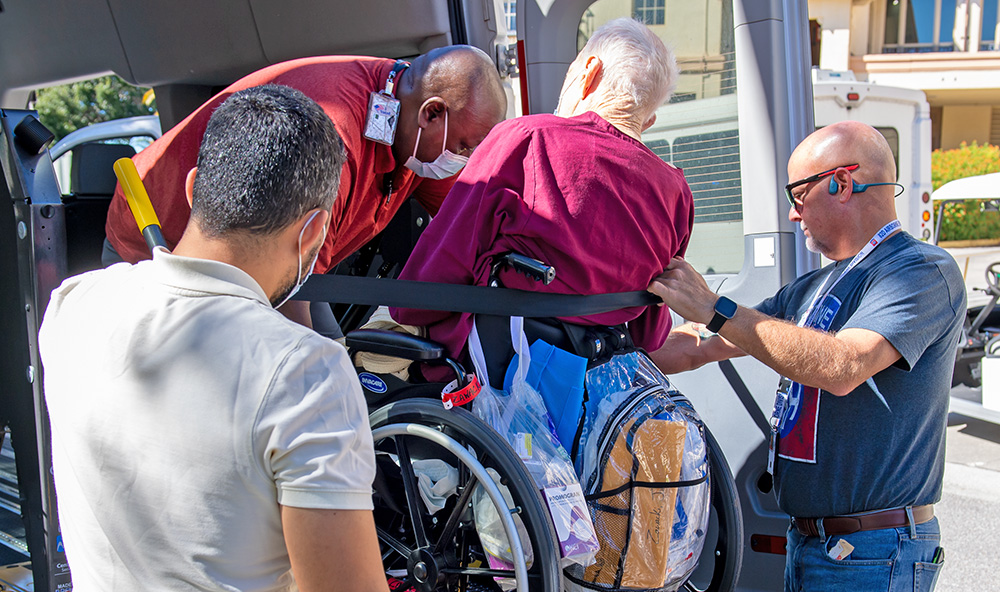Each September, we raise awareness about the importance of preparing for emergencies that can happen at any time with little or no warning. September 25-30 is the last week of the annual National Preparedness Month. This annual readiness campaign is committed to putting people first and reaching communities where they live and work.
This year’s theme is “A Lasting Legacy.” The life you’ve built is worth protecting, and preparing for disasters helps to protect you, your family and your community.
Low and no cost preparedness
Disasters are costly, but preparing for them doesn’t have to be. In fact, taking time to prepare now can help save you thousands of dollars and give you peace of mind before the next disaster or emergency occurs.
Here are some helpful tips:
- Create your emergency communications plan. Use free templates or apps to record important contact and medical information about your family, which you then can share with others and store copies both digitally and on paper.
- Make sure you store important phone numbers somewhere besides just your phone.
- Sign up for emergency alerts in your area to receive life-saving information from your state and local municipality.
- Download the FEMA App (available in English and Spanish) to receive weather alerts, safety tips and reminders.
- Build your emergency supply kit over time. Start with items you may already have in your home, like a flashlight, extra batteries, copies of important documents, water and non-perishable food. Each time you go to the grocery store, pick up an extra item, especially if it’s on sale! Community food banks are a potential resource for food-insecure families to stock their emergency supply kits.
- Talk with family or members of your household about where you will go if told to evacuate. Having a plan before disaster strikes can help you save precious time and money.
- Store important documents and items, like passports, birth certificates, maps and electronics in a flood-safe place like a high shelf or upper floor in resealable water-tight plastic bags to help waterproof them. Consider storing important documents like insurance policies, title documents, military records and family photos on a cloud storage service.
- Contact your local fire department. They may have programs that provide fire or carbon monoxide detectors for free or a low cost.
- Check online for free or discounted CPR courses offered near you.
Hurricane season
The 2022 hurricane season began June 1 and runs through November 30. We’re in the “prime time” for storms to form in the Gulf and Caribbean, so hurricane season isn’t over just yet.
Weather emergencies can affect your community, your work place, and your ability to ensure your family’s basic needs are met. Planning is even more critical if you are responsible for a young child, senior citizen, or care for someone with a disability or chronic illness. Pets also require special handling to account for their boarding, feeding and health.
Tropical Storm and Hurricane “Watches” mean conditions specified are possible within the specified area within 48 hours. This means it’s time to implement your plan and ensure that you are prepared. Early preparedness is the key to success.
Tropical Storm and Hurricane “Warnings” are the most serious. These mean that the conditions specified are expected somewhere within the specified area within 36 hours. The weather will likely deteriorate as the storm approaches, supplies will be harder to find, evacuation routes will be more crowded, and the preparation is replaced by actions planned for survival.
More information
If you want to learn more about the science of storm prediction or receive forecasts, visit the National Hurricane Center. The Centers for Disease Control site contains information about public health and injury prevention related to severe weather. General preparedness information can be found at http://www.ready.gov/hurricanes.
In the event of a storm, we also strongly encourage you to follow your local media who often have the most up to date information for your area. For post disaster inquiries, go to www.disasterassistance.gov/information/veterans.
Topics in this story
More Stories
Disaster assistance information has been sent to thousands of Veterans who live in Hawaii.
VA’s Sunshine Healthcare Network took quick action in response to Hurricanes Fiona and Ian including contacting more than 10,000 vulnerable Veterans.
VA Video Connect, My HealtheVet, and other virtual tools can help you access VA care in case of a hurricane or natural disaster.






